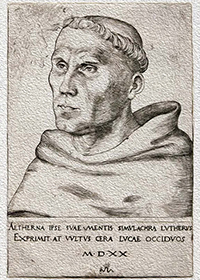
Martin Luther
In 1517, Martin Luther wrote his 95 theses criticizing the practice of indulgences of the Catholic church. He was disturbed by the fact that the faithful were allowed to off�er money as penance for their sins. The publication of the 95 theses is considered as the starting point of the Reformation, which marks its 500th anniversary on October 31, 1517, the date long assumed that Luther nailed his theses to the door of the Castle Church at Wittenberg.
A new exhibit on display on the 4th floor lobby of the Walter C. Langsam Library, as well as spread throughout the 4th floor of the library, highlights the complex and multifaceted legacy of the Reformation. It combines publications from the University of Cincinnati Libraries’ collections and the poster exhibition “Here I Stand. Martin Luther, the Reformation and its Results.” Included in the exhibit is a list of other Cincinnati events that commemorate the 500th anniversary of the Reformation (listed below). The exhibit was curated by Richard Schade, professor emeritus of German studies in the College of Arts and Sciences, and Olga Hart, coordinator of library instruction in the Research and Teaching Services Department and German subject librarian. It was designed and produced by Sami Scheidler, summer communications co-op design student from the College of Design, Architecture, Art and Planning, and Melissa Cox Norris, director of library communications.
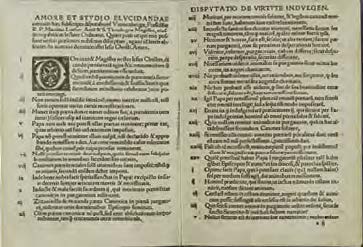 Martin Luther, and the movement he triggered in 1517, remain central topics in the history of the Western civilization. The Reformation forever altered the face of Europe. Century-old institutions disappeared, to be replaced by new ones. Borders changed, national churches emerged and religious tensions erupted into global conflicts. The Reformation’s positive repercussions can be seen in the intellectual and cultural flourishing it inspired on all sides of the schism—in the strengthened universities of Europe, the Lutheran church music of J.S. Bach, the baroque altarpieces of Peter Paul Rubens and even the capitalism of Dutch Calvinist merchants. The exhibit includes images of woodcuts, broadsheets, pamphlets and music that show the transmission of information and opinion during the Reformation. A Reformation Bibliography (PDF) of related library resources can be found at the exhibit and online.
Martin Luther, and the movement he triggered in 1517, remain central topics in the history of the Western civilization. The Reformation forever altered the face of Europe. Century-old institutions disappeared, to be replaced by new ones. Borders changed, national churches emerged and religious tensions erupted into global conflicts. The Reformation’s positive repercussions can be seen in the intellectual and cultural flourishing it inspired on all sides of the schism—in the strengthened universities of Europe, the Lutheran church music of J.S. Bach, the baroque altarpieces of Peter Paul Rubens and even the capitalism of Dutch Calvinist merchants. The exhibit includes images of woodcuts, broadsheets, pamphlets and music that show the transmission of information and opinion during the Reformation. A Reformation Bibliography (PDF) of related library resources can be found at the exhibit and online.
Join us Monday, September 18, 3-5pm on the 4th floor of Langsam Library for an opening reception for the Reformation 500 exhibit. Brief remarks will be given by Dan Gottlieb, interim associate dean for public services for UC Libraries, Richard Schade, Martin Wilhelmy, honorary consulate for Germany in Cincinnati, and Herbert Quelle, consulate general for Germany.
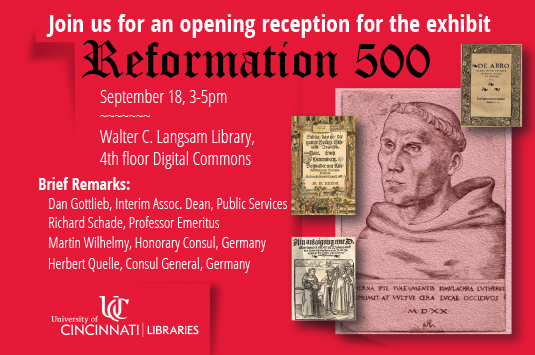
Continue reading →
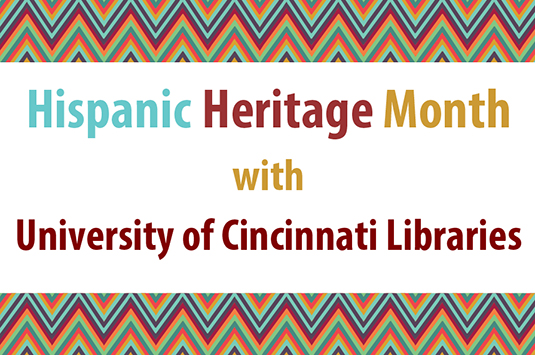 By Kendall Smith
By Kendall Smith
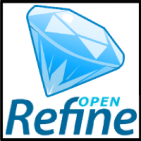 OpenRefine,
OpenRefine, 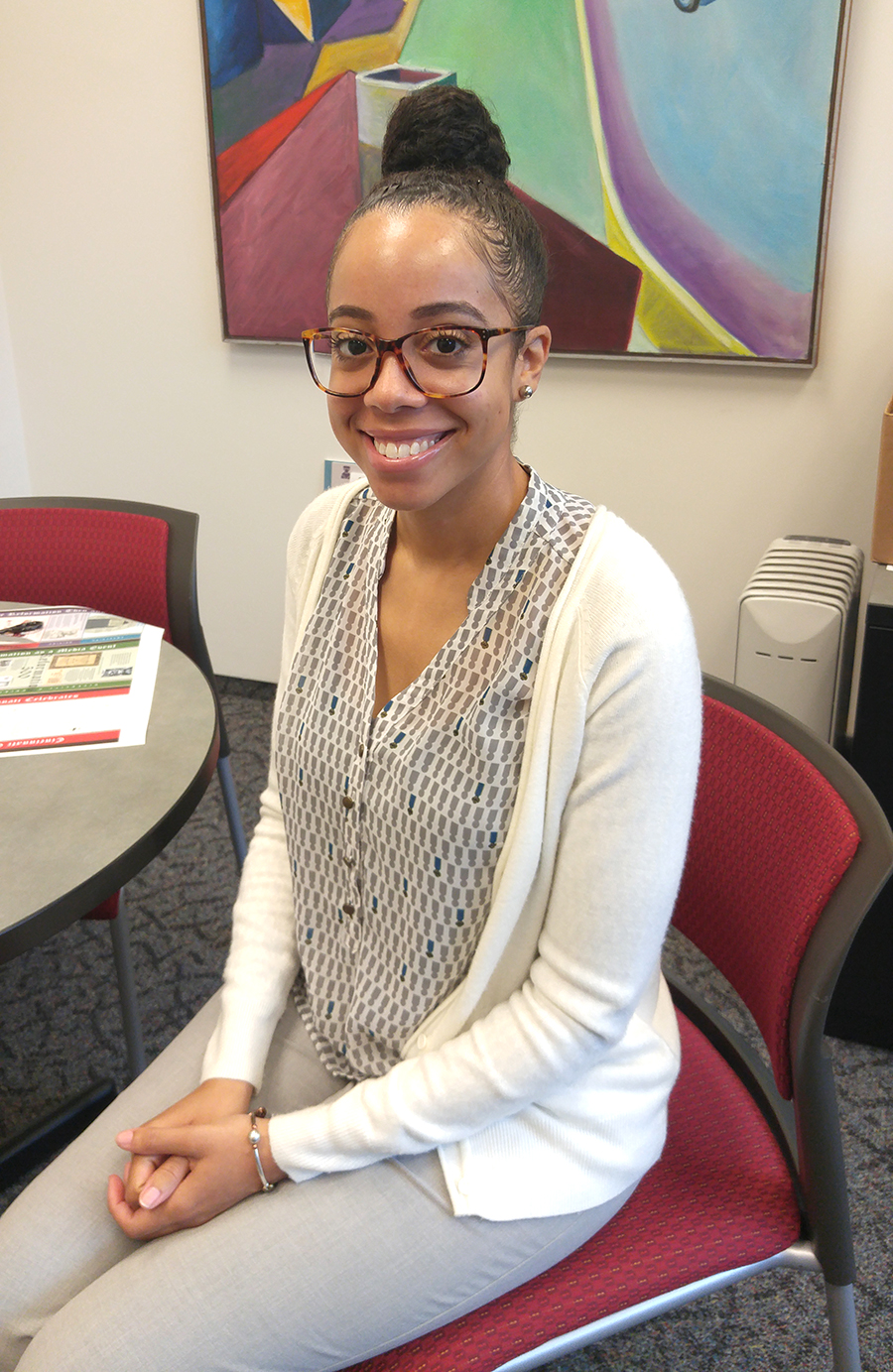
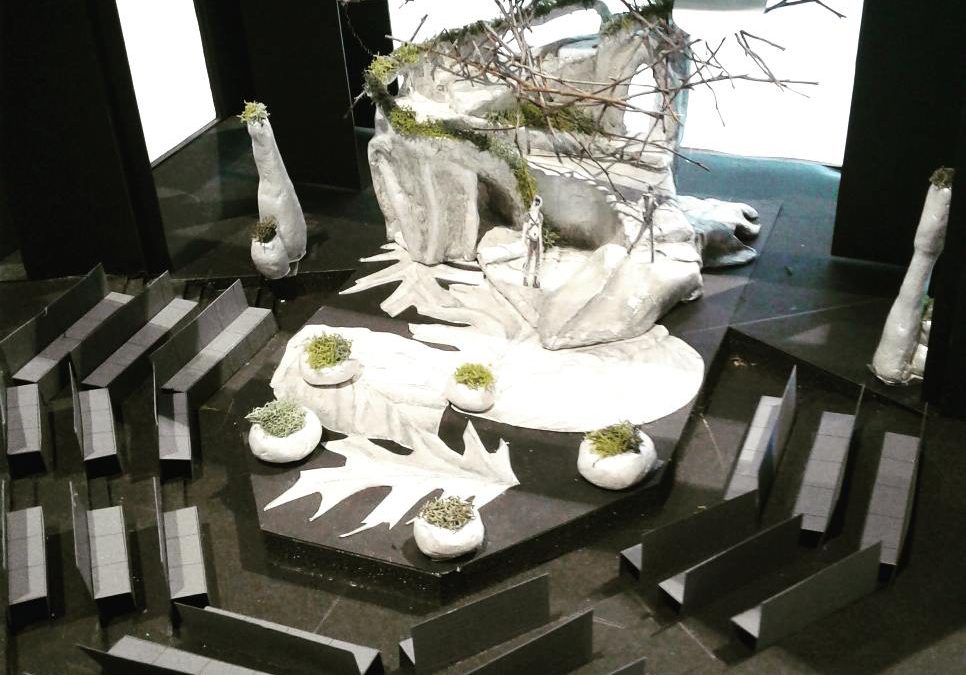
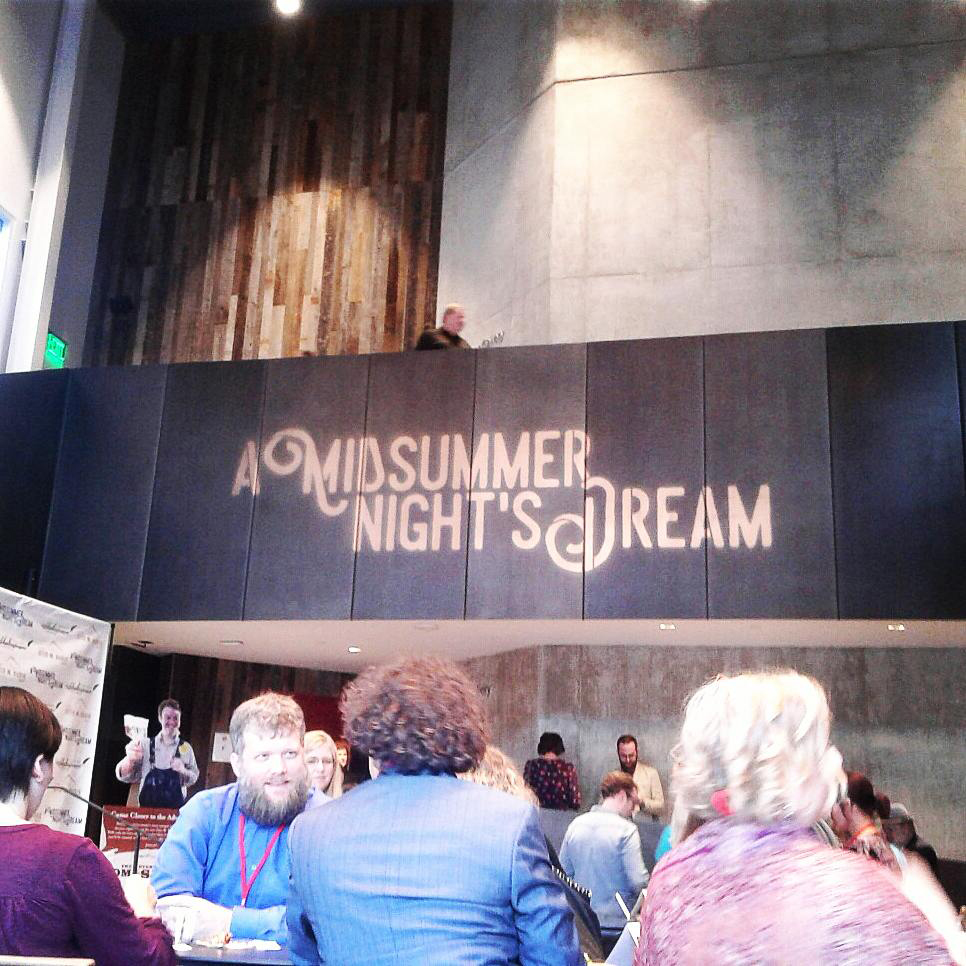
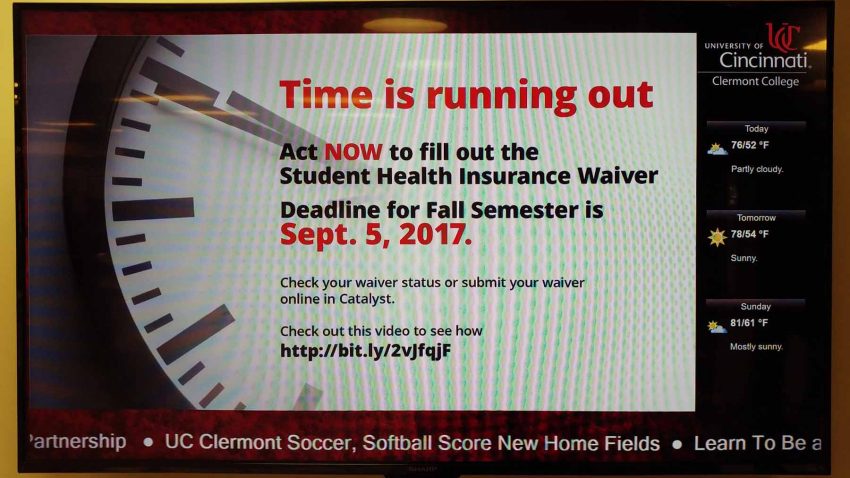

 Martin Luther, and the movement he triggered in 1517, remain central topics in the history of the Western civilization. The Reformation forever altered the face of Europe. Century-old institutions disappeared, to be replaced by new ones. Borders changed, national churches emerged and religious tensions erupted into global conflicts. The Reformation’s positive repercussions can be seen in the intellectual and cultural flourishing it inspired on all sides of the schism—in the strengthened universities of Europe, the Lutheran church music of J.S. Bach, the baroque altarpieces of Peter Paul Rubens and even the capitalism of Dutch Calvinist merchants. The exhibit includes images of woodcuts, broadsheets, pamphlets and music that show the transmission of information and opinion during the Reformation. A
Martin Luther, and the movement he triggered in 1517, remain central topics in the history of the Western civilization. The Reformation forever altered the face of Europe. Century-old institutions disappeared, to be replaced by new ones. Borders changed, national churches emerged and religious tensions erupted into global conflicts. The Reformation’s positive repercussions can be seen in the intellectual and cultural flourishing it inspired on all sides of the schism—in the strengthened universities of Europe, the Lutheran church music of J.S. Bach, the baroque altarpieces of Peter Paul Rubens and even the capitalism of Dutch Calvinist merchants. The exhibit includes images of woodcuts, broadsheets, pamphlets and music that show the transmission of information and opinion during the Reformation. A 